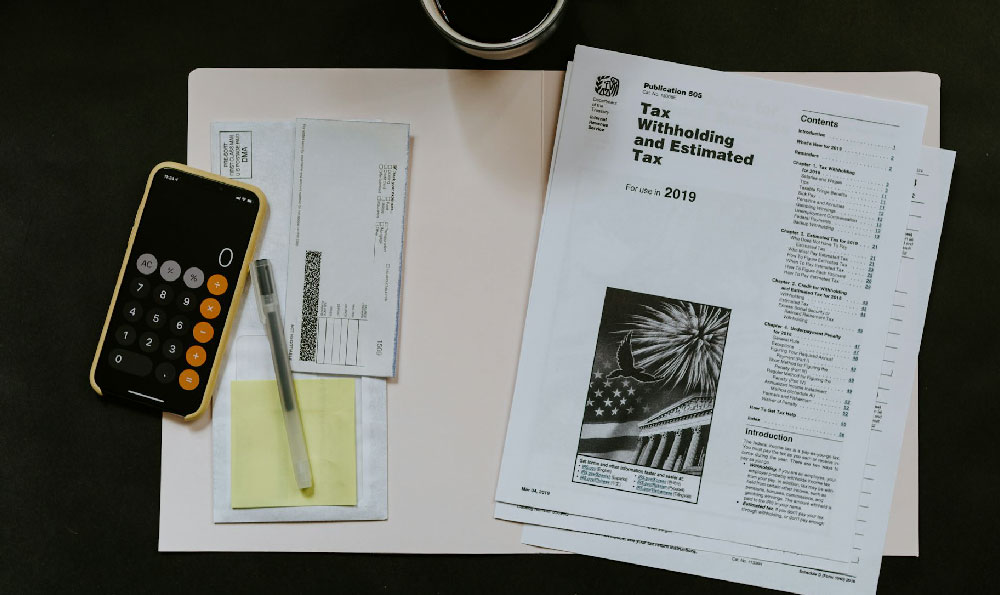The question of how much Christina Crawford earned from "Mommie Dearest," and whether that sum was "enough," is layered with complexities far beyond simple financial figures. It involves understanding the context of her upbringing, the book's impact, and the long-term consequences, both positive and negative, that stemmed from its publication.
Let's address the earnings first. Christina Crawford authored "Mommie Dearest," published in 1978, detailing her alleged abusive childhood experiences with her adoptive mother, the legendary actress Joan Crawford. While precise figures are difficult to definitively ascertain, it's widely reported that the book was a significant commercial success. It sold millions of copies, becoming a bestseller and generating considerable revenue. Christina Crawford would have received royalties from these sales, representing a percentage of the profits. Royalties are typically tiered, meaning the author earns a higher percentage as sales increase. The exact percentage would have been stipulated in her publishing contract, but generally falls within the range of 5-15% for hardcover books and potentially higher for paperback editions.
Furthermore, the rights to the book were sold for a film adaptation, released in 1981. This sale would have generated a substantial lump-sum payment to Christina Crawford for the film rights. Again, specific numbers are unavailable, but it's reasonable to assume it was a considerable sum, contributing significantly to her overall earnings. She also received a small fee for a few days of work on the set as a consultant.

Therefore, quantifying Christina Crawford's earnings from "Mommie Dearest," across book royalties and film rights, places it in the range of hundreds of thousands, potentially even millions, of dollars. This, objectively, is a significant amount of money.
Now, the pivotal question: Was it "enough?" This question transcends simple monetary value and delves into the realm of emotional and psychological compensation. From a purely financial perspective, the earnings likely provided Christina Crawford with a level of financial security she might not have otherwise attained. It afforded her the opportunity to pursue other ventures, such as running a bed and breakfast and writing other books. She was able to support herself and live independently. In that sense, the money served its functional purpose.
However, "enough" in this context also speaks to the emotional cost associated with revealing such deeply personal and potentially damaging information about her relationship with her mother. The publication of "Mommie Dearest" irrevocably altered Christina Crawford's life. She became a controversial figure, often subjected to public scrutiny and skepticism. Many dismissed her claims as sensationalized, and she faced accusations of exploiting her mother's legacy for personal gain. This constant battle against public perception, the defense of her truth, and the emotional toll of reliving traumatic experiences undoubtedly impacted her well-being.
The film adaptation further complicated matters. While it amplified the book's reach and likely contributed to further royalties, the film itself was critically panned and became a camp classic, often ridiculed for its exaggerated portrayal of Joan Crawford. This satirical interpretation of her traumatic childhood arguably undermined the seriousness of Christina Crawford's experiences and further fueled the debate surrounding the veracity of her claims. While the film brought her story to a wider audience, it also potentially diminished its impact and added another layer of complexity to the narrative.
Furthermore, the publication of "Mommie Dearest" undoubtedly strained relationships with other members of her family and those who knew Joan Crawford. The book painted a starkly different picture of Joan Crawford than the public image carefully cultivated throughout her career. This created a divide, with some supporting Christina's account and others vehemently defending Joan Crawford's reputation. This familial discord likely added to the emotional burden Christina carried.
Ultimately, whether the financial gains from "Mommie Dearest" were "enough" is a subjective question with no easy answer. While the money undoubtedly provided financial stability and opportunities, it came at a significant emotional cost. The decision to publicly share such personal and potentially damaging information is a complex one, and the long-term consequences, both positive and negative, must be carefully considered. What Christina Crawford gained in financial terms, she may have lost in terms of privacy, reputation, and familial harmony. The true value, therefore, lies not just in the monetary amount, but in the enduring impact the book had on her life and the lives of those connected to the Crawford legacy. Whether that impact was "enough" to justify the price she paid is a question only Christina Crawford herself can truly answer. It's a reminder that financial compensation, while important, cannot always fully address the deeper emotional wounds inflicted by trauma.











